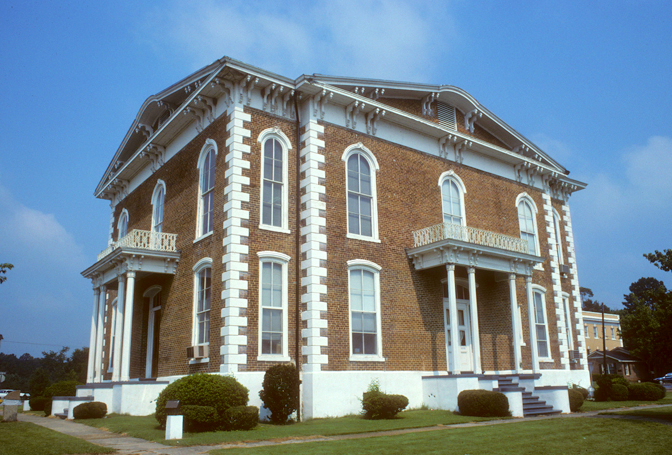 John Luther Bryant was a happy guy as he drove down the dusty roads of rural Pickens County, Alabama. Life was good on the family farm where he and his spinster sister, Miss Grace Bryant, worked to scratch out a living and raise enough food and chickens to support themselves while enjoying the peace and quiet of a simple country lifestyle.
John Luther Bryant was a happy guy as he drove down the dusty roads of rural Pickens County, Alabama. Life was good on the family farm where he and his spinster sister, Miss Grace Bryant, worked to scratch out a living and raise enough food and chickens to support themselves while enjoying the peace and quiet of a simple country lifestyle.
John was a man of diminutive stature, some attributing that to poor nutrition as a child. But he was strong, sinewy, and lithe — physical attributes he proudly put to good use working his day job as a sanitation engineer (garbage man) for the City of Gordo, Alabama.
As John drove into town he had no reason to suspect the fate he was about to face. As was his regular practice, John and his coworker rode on the back of the Gordo garbage truck doing their regular route. They hopped off at each house to empty the trash and then get back onto the truck to ride to the next block.
As the truck rumbled down the uneven streets of Gordo, the unexpected happened and John’s number was called.
 Last week, Kristin Lindemann (2L), received the Milwaukee Bar Association’s Law Student Pro Bono Publico Award. Kristin was honored at the MBA’s State of the Court luncheon, where she received her award in front of large group of judges, lawyers, and law students. Kristin’s commitment to pro bono service is quite remarkable and something that we as a law school community should celebrate.
Last week, Kristin Lindemann (2L), received the Milwaukee Bar Association’s Law Student Pro Bono Publico Award. Kristin was honored at the MBA’s State of the Court luncheon, where she received her award in front of large group of judges, lawyers, and law students. Kristin’s commitment to pro bono service is quite remarkable and something that we as a law school community should celebrate.

